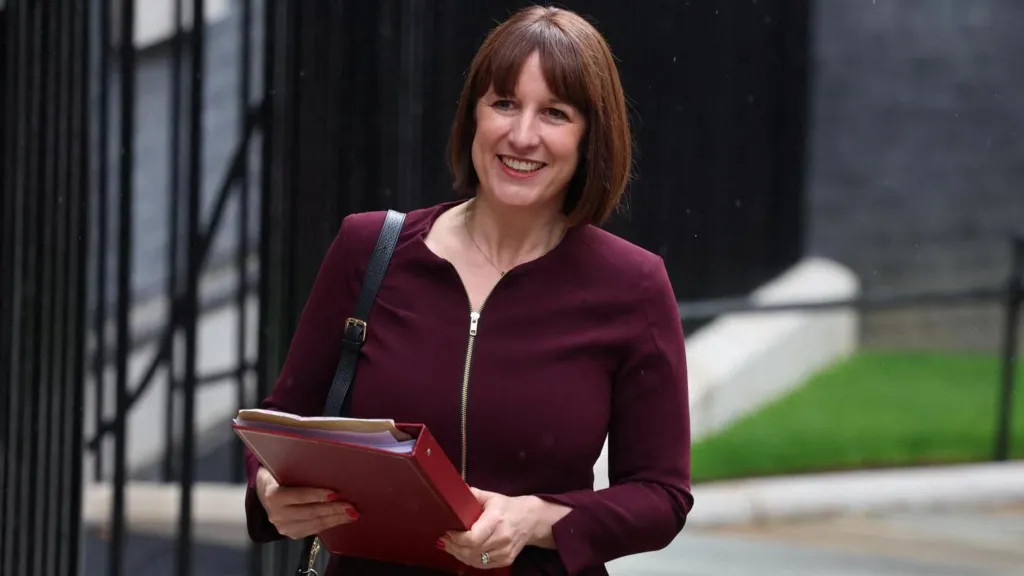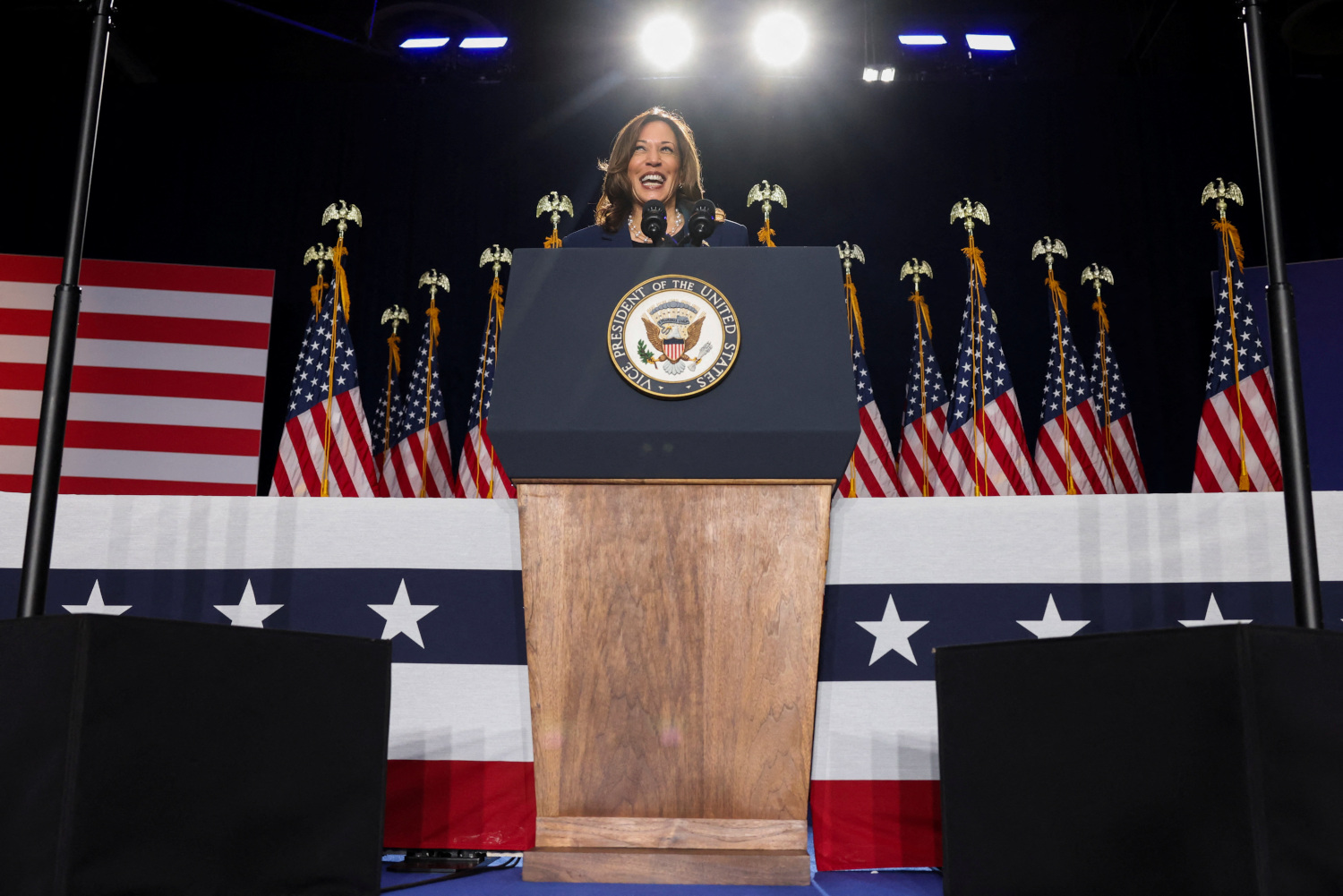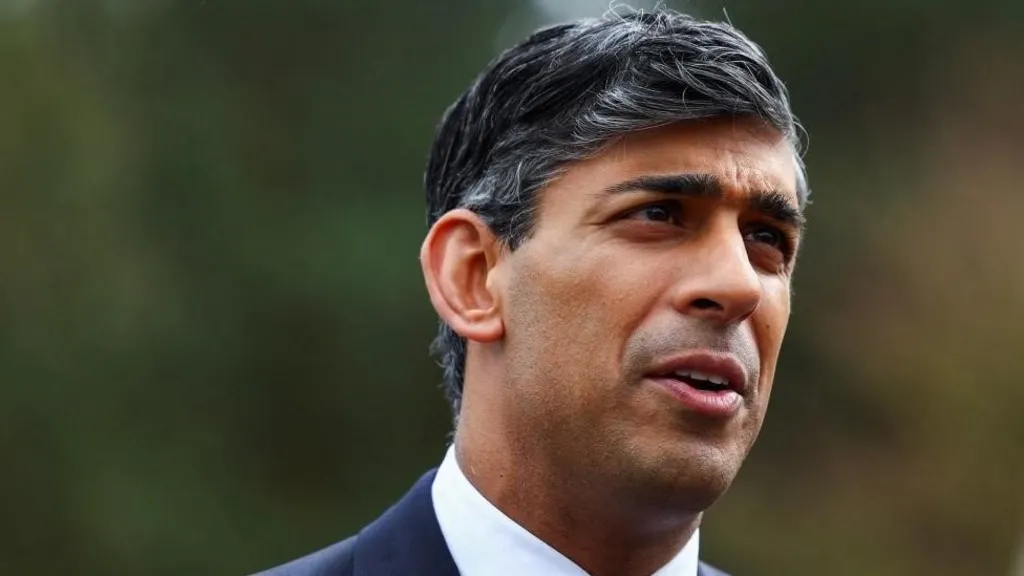Rachel Reeves, the newly appointed Chancellor, is set to reintroduce mandatory housebuilding targets in her inaugural speech at the Treasury. Addressing business leaders, Reeves will outline reforms to revamp Britain’s planning system, aiming to stimulate economic growth.
Reeves is also expected to highlight Britain’s renewed stability, making it an attractive destination for international investment, thereby ending the era of “chaos and irresponsibility”. The former Bank of England economist assumed her role as Chancellor following Labour’s landslide election victory.
Reeves and her team have been working diligently on this speech, aiming to reassure investors who have been hesitant about investing in Britain due to the political turmoil post-Brexit and the Liz Truss mini-budget.
Reeves plans to announce immediate easing of planning regulations that have hindered construction, infrastructure, and energy grid development. This move aims to unlock tens of billions of pounds in investment for green industries and housebuilding.
Darren Jones, Chief Secretary to the Treasury, told the reporters that planning reforms are the focus of Reeves’ first speech as they will boost growth, a sustainable way to improve public finances. He assured communities they would still participate in the planning process.
The Labour manifesto already pledged development on “grey belt” land and lifting the moratorium on onshore wind power. Reeves said, she is ready to confront those who have delayed housebuilding and infrastructure investment.
On Monday, Reeves will tell business leaders that the British people voted for change, and she has started working to deliver on that mandate. She will also reveal that the UK economy is £140bn smaller than it could have been, based on new Treasury analysis.
Reeves will meet with the Office for Budget Responsibility this week, and a Budget and Spending Review is expected in the autumn. She has already met with the Bank of England governor.
During the election campaign, Labour focused on addressing housing supply, promising to build 1.5 million homes in England over the next parliament. However, critics argue that mandatory housebuilding targets risk forcing development on greenfield sites against local wishes.










